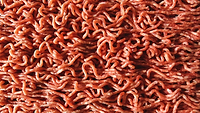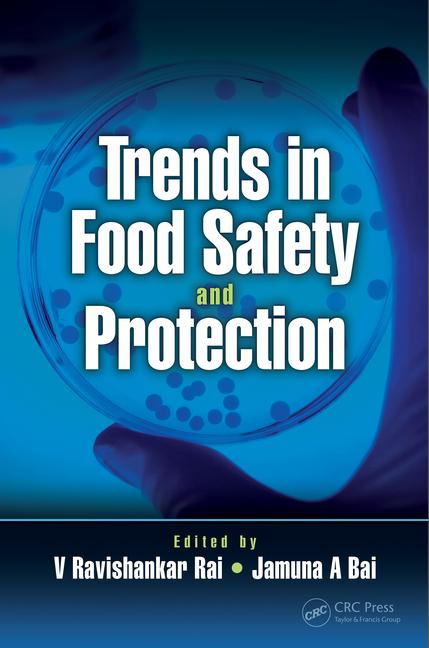UF Researchers Advance Work on Novel Vaccine Method for Non-Typhoidal Salmonella

Image credit: Freepik
Researchers from the University of Florida Institute of Food and Agricultural Sciences (UF/IFAS) have shown the potential of a developing non-typhoidal Salmonella vaccine in a study using mice and real-world Salmonella strains.
Published in Infection and Immunity, the rodent study tested a novel method of vaccine delivery, using Salmonella bacteria isolated from the Gainesville, Florida wastewater system. They found that the vaccine was successfully able to create antibodies against real-world Salmonella in mice, which would provide the animals with a greater defense against the pathogen.
The vaccine was developed using small extracellular vesicles (sEVs)—which are a vehicle of cell communication—as a delivery method for Salmonella proteins, facilitating their transfer between cells to encourage a lasting immune response. The vaccine was administered through the mice’s noses. Additionally, because the vaccine does not involve live bacteria, there is a lowered risk for complications.
The findings of the study will contribute to the development of a vaccine that protects against non-typhoidal Salmonella, for which no vaccines currently exist. The researchers noted that it is important to develop non-antibiotic defenses against Salmonella, as they isolated antimicrobial-resistant (AMR) strains from the Gainesville wastewater system.
The study will also add to the body of knowledge around sEVs. Next steps will be to investigate sEVs’ role in the immune system and why they could be safer and more effective at creating an immune response than traditional vaccine delivery.
The study was led by the late Lisa Emerson, Ph.D., M.S.P.H., and Mariola Ferraro, Ph.D., Associate Professor in the UF/IFAS Microbiology and Cell Science department.
Looking for a reprint of this article?
From high-res PDFs to custom plaques, order your copy today!









